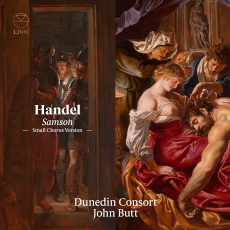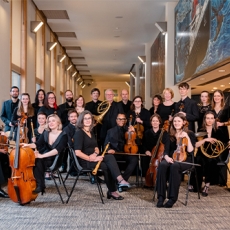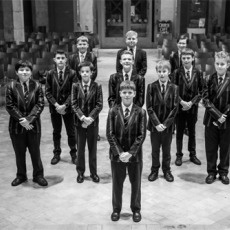Dunedin Consort - Handel: Samson - Financial Times
Handel’s portrait of Samson is one of the most memorable in all his oratorios. This version of the biblical story, derived from Milton’s Samson Agonistes, opens with Samson already blinded by the Philistines after his betrayal by Delilah. “O loss of sight, of thee I most complain!” he sings, going on to plumb the darkness of his vision in the aria “Total eclipse”. It is all the more moving when Milton himself was blind and Handel was to lose his sight a few years later.
In this new recording, tenor Joshua Ellicott sings that scene with a probing inwardness. Handel’s setting is treated less as an operatic portrayal, more the intimate heart of an evolving religious drama.
As one would expect of conductor and academic John Butt, the recording breaks new ground. Butt gives us Handel’s first performed, and slightly longer, version of the work from 1743. He also has new ideas to present on the choruses.
Recent research suggests that Handel would have used his soloists as the basis for the choir and drafted in boys’ voices to support the soprano line. Butt follows that configuration here, bolstering the Dunedin Consort with members of Tiffin Boys’ Choir. (For a still more radical interpretation, a digital download is available featuring only solo voices in the choir.)
More importantly, the performance is unfailingly wide-ranging in its response to this epic oratorio. Samson has known singers with bigger personalities (it is extraordinary to recall that the Royal Opera once mounted a production with the Wagnerian tenor Jon Vickers as Samson), but there is fine singing from Sophie Bevan, Jess Dandy, Matthew Brook and the rest of the soloists, and Butt, as always, is an inspiring presence.




